
Otitis media – the “hidden culprit” causing vestibular disorders that many people ignore
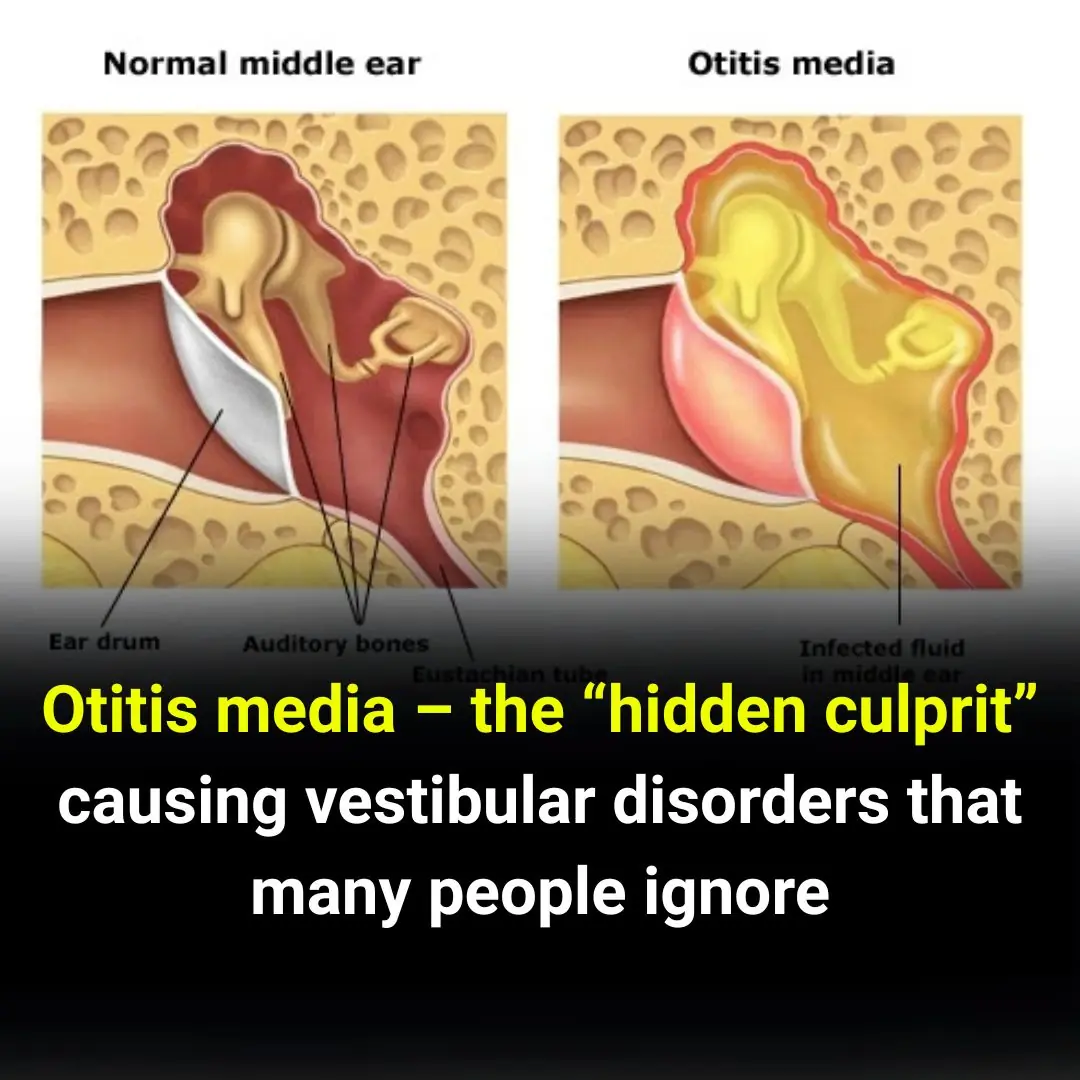
Dizziness, tinnitus, and unsteady walking – many people mistakenly believe these are just signs of cerebral ischemia, stress, or insomnia. However, few realize that a seemingly "simple" condition like otitis media (middle ear infection) can be a direct cause of vestibular disorders – an illness that is becoming increasingly common in younger people and seriously affects quality of life.
Vestibular Disorders and Otitis Media – An Overlooked Connection
The vestibular system is located behind the cochlea and is part of the sensory nervous system, playing a crucial role in maintaining body balance. Any damage to the ear – particularly the middle ear – can affect the vestibular system, causing symptoms like dizziness, vertigo, and imbalance.
Acute or chronic otitis media can spread inflammation to the vestibular area, disrupting the transmission of balance signals to the brain. As a result, the person may experience spinning sensations, nausea, disorientation, along with tinnitus and hearing loss.
Otitis Media – More Than Just an Ear Condition
Otitis media usually develops after episodes of rhinitis, flu, or colds caused by bacteria or viruses. In many cases, it progresses silently without noticeable pain, making it easy to overlook. When the infection spreads to the inner ear – where the vestibular system resides – the patient begins to suffer from intense vertigo and balance loss, especially when changing posture abruptly (e.g., bending down or looking up).
In some cases, if not detected and treated promptly, otitis media–induced vestibular disorder can become chronic and lead to serious complications such as permanent hearing loss, labyrinthitis, damage to the 8th cranial nerve, and even life-threatening conditions.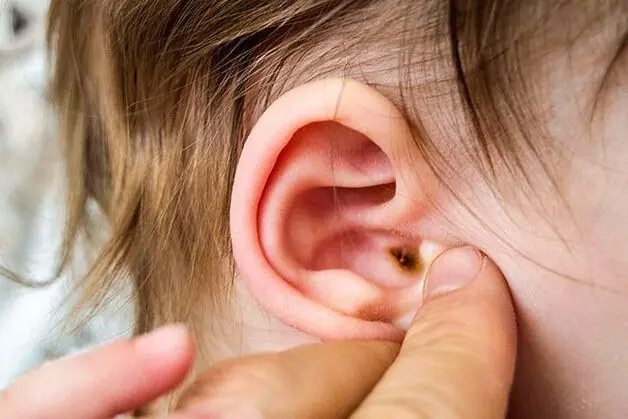
Early Warning Signs – Don’t Ignore the Subtle Clues
If you experience the following symptoms, seek evaluation by an ENT or neurologist for accurate diagnosis:
-
Spinning sensation, imbalance, or dizziness, especially with changes in posture
-
Persistent tinnitus, hearing loss, or a feeling of fullness in the ear
-
Nausea, vomiting, sensitivity to light or sound
-
Mild fever, ear pain, or ear discharge (in acute otitis media)
-
“Brain fog,” poor concentration, forgetfulness
Natural Care and Recovery Support
In addition to medical treatment, patients should combine home care strategies to restore vestibular function and improve general well-being. Some widely trusted natural methods include:
-
Keeping ears dry and clean; avoiding dust and loud noises
-
Eating a balanced diet rich in vitamins B6, B12, and omega-3
-
Getting enough sleep and managing stress and anxiety
-
Practicing gentle balance exercises such as yoga, qigong, or walking
-
Supporting circulation and nervous system health with natural herbs like ginkgo biloba, Polyscias fruticosa (Vietnamese ginseng), red ginseng, or agarwood – which help regulate blood flow, calm the nerves, and relieve dizziness or insomnia
Take Care of Your Ears – Protect Your Brain
Otitis media is not just an ear problem. If neglected, it can impact the vestibular system and lead to a range of consequences for neurological health, quality of life, and work performance.
Understanding the condition, detecting it early, and providing timely care are the "keys" to helping patients safely overcome vestibular disorders – preventing a small illness from leading to major consequences.
News in the same category


Diabetics are ‘very afraid’ of a spice that is abundant in the market: American experts say it is ‘as good as prescription drugs’

Rub Ginger on the Soles of Your Feet Before Bed, and You’ll Experience Its “Miraculous” Health Benefits

Pare de comer estes 4 alimentos imediatamente Eles contêm muitos parasitas

What happens to your body if you drink orange juice every day?
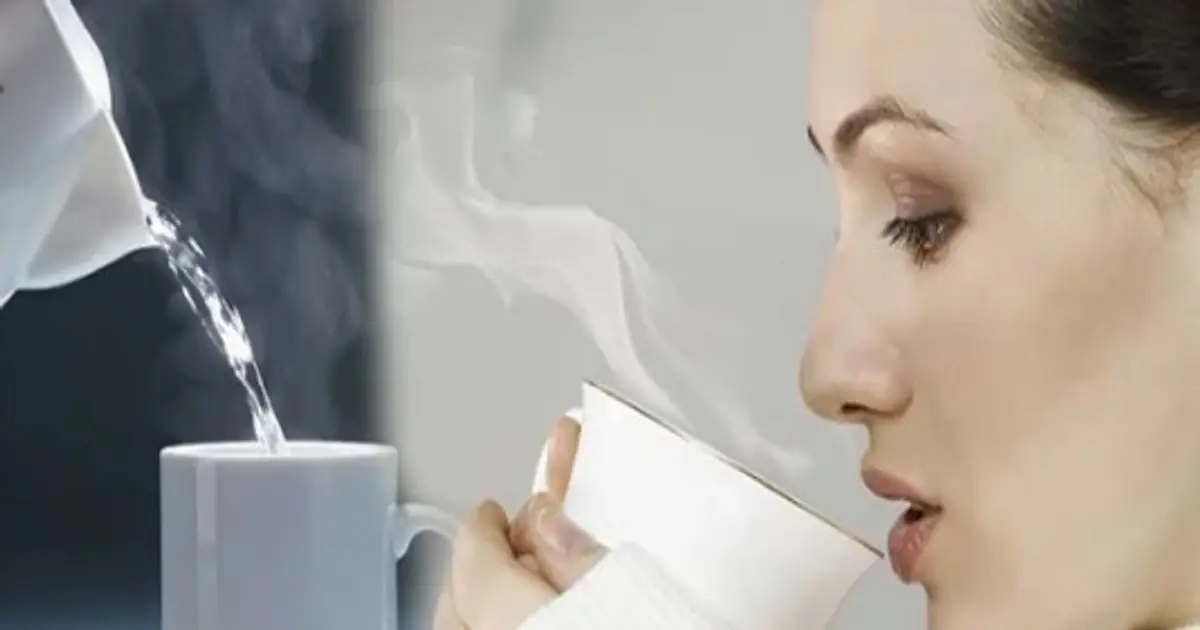
A cup of hot water can offer many health benefits
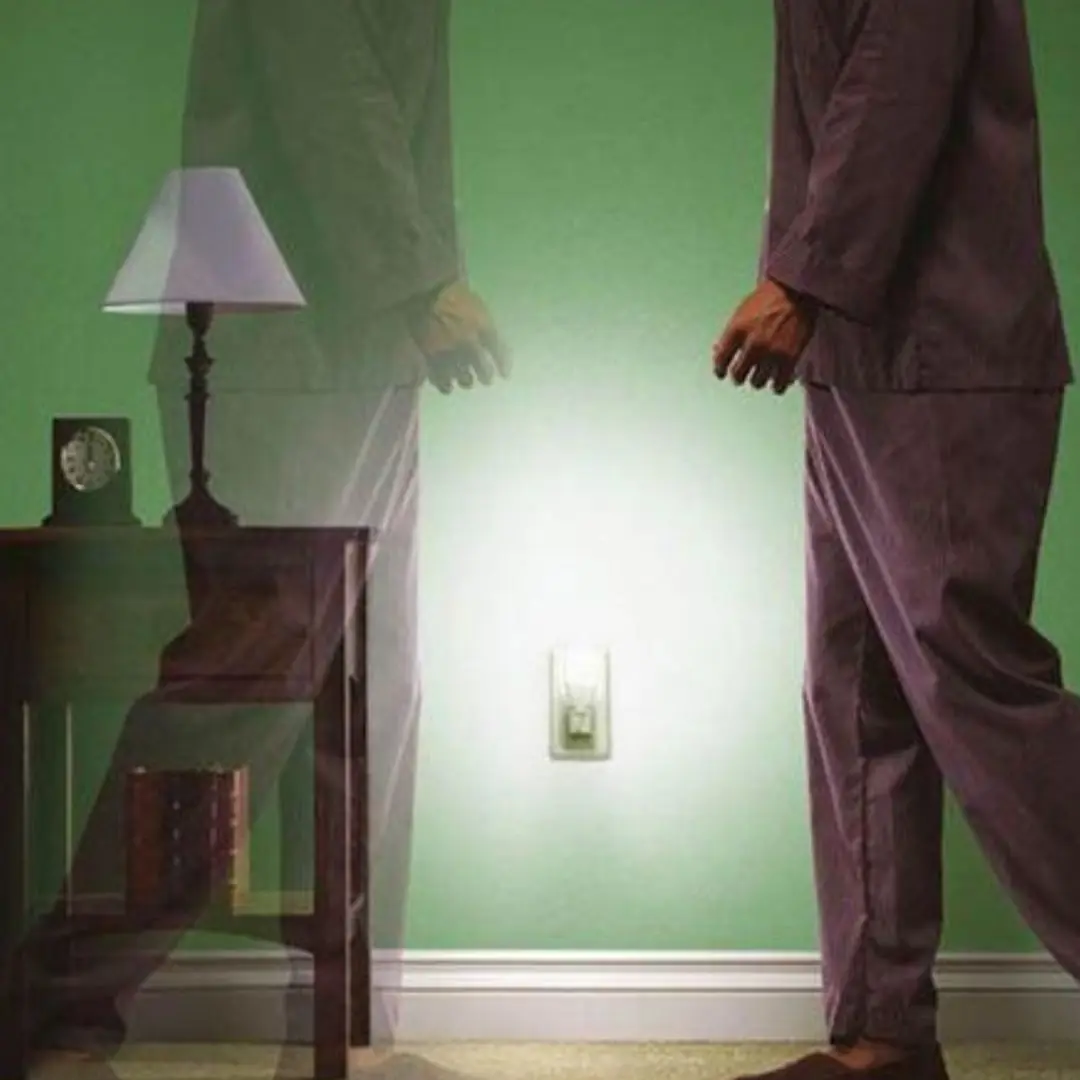
Don't drink water before bed but still urinate at night, beware of these 3 diseases

4 changes in fingers that could be signs of lung can.cer
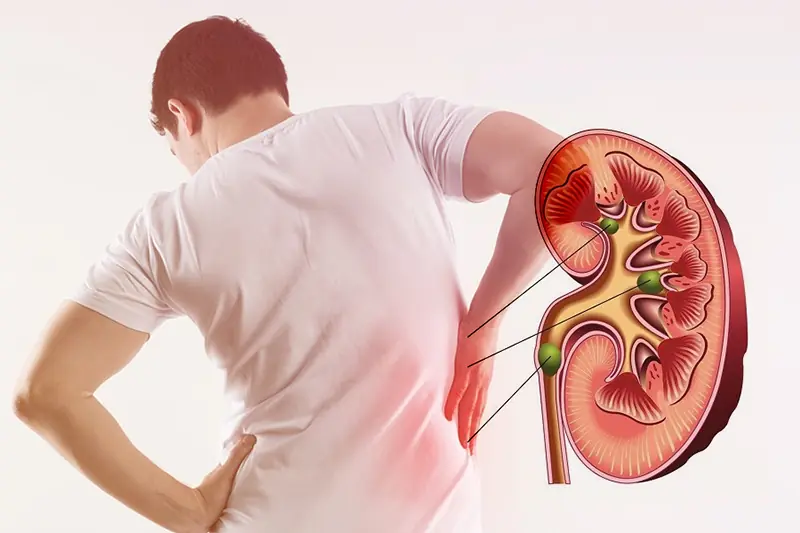
8 symptoms of kidney fai.lure you should never ignore

3 things that don’t go well with eggs
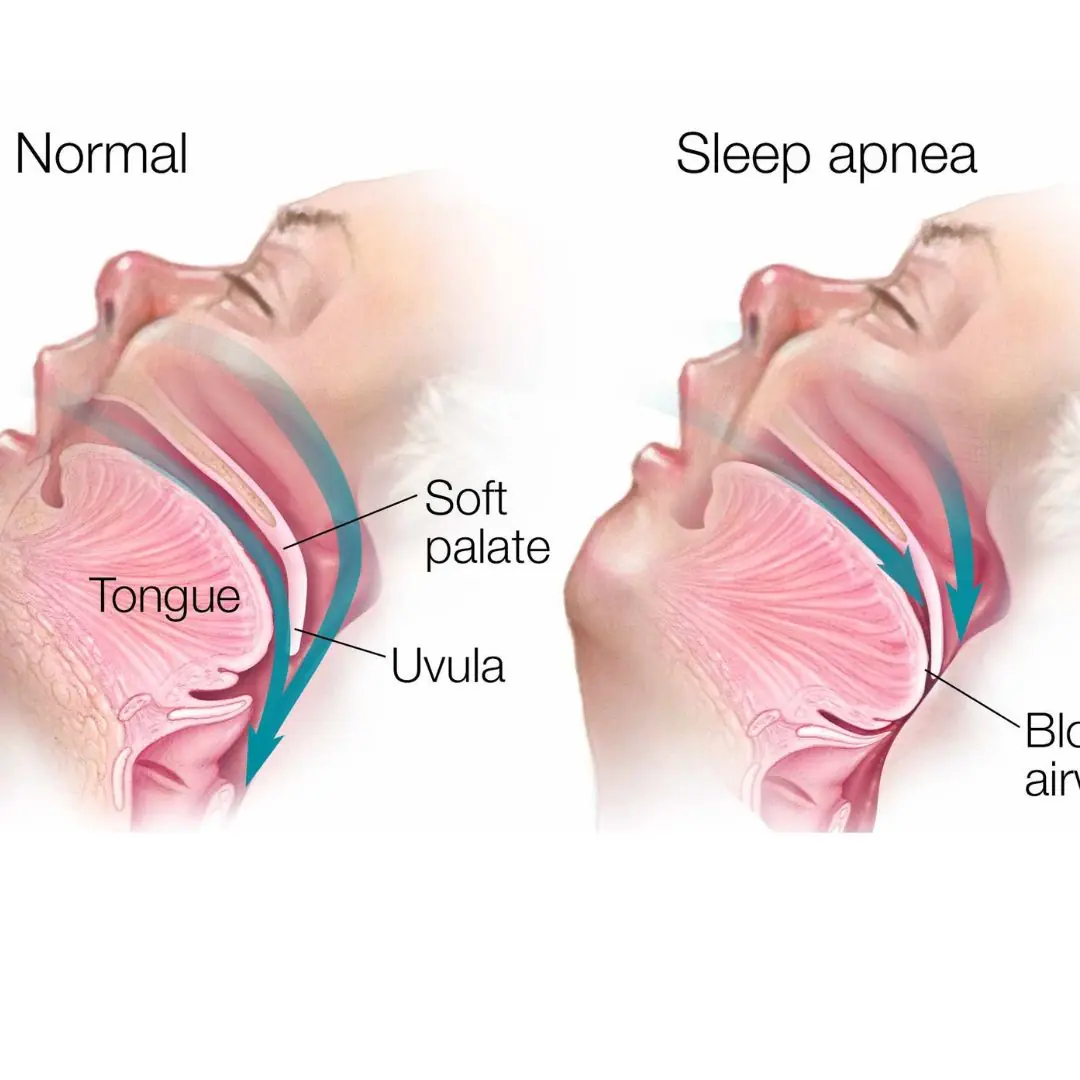
4 Signs You Might Have Sleep Apnea

5 foods you should never keep overnight
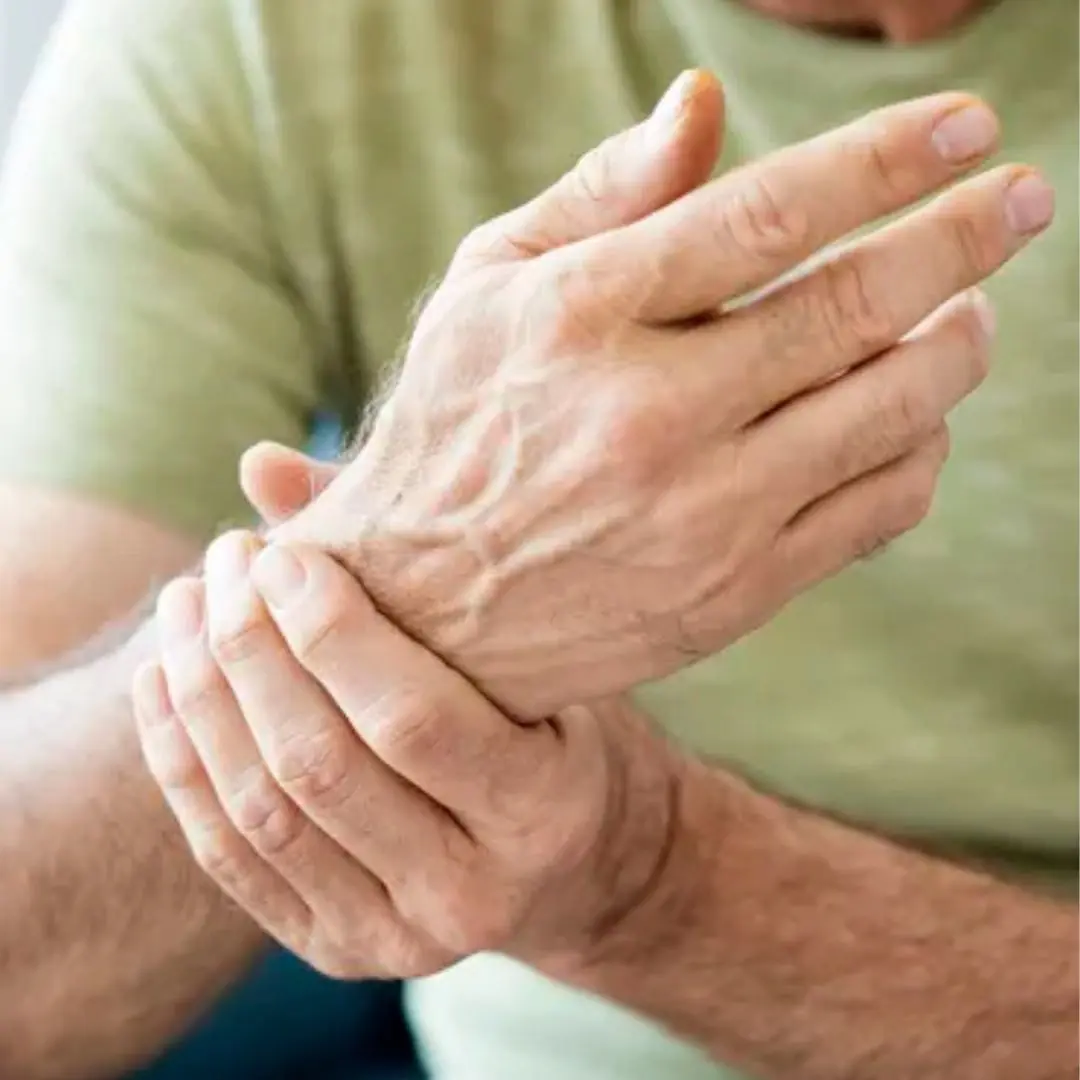
Waking Up With Numb Hands? Here's What Your Body's Trying to Tell You

Mother Collapses: "I Thought These Two Things Were Can.cer-Preventing Superfoods"

5 bad habits that increase the risk of stroke at night

15 years without can.cer recurrence: Japanese doctor shares 5 simple secrets to keep malignant cells from "daring to return"
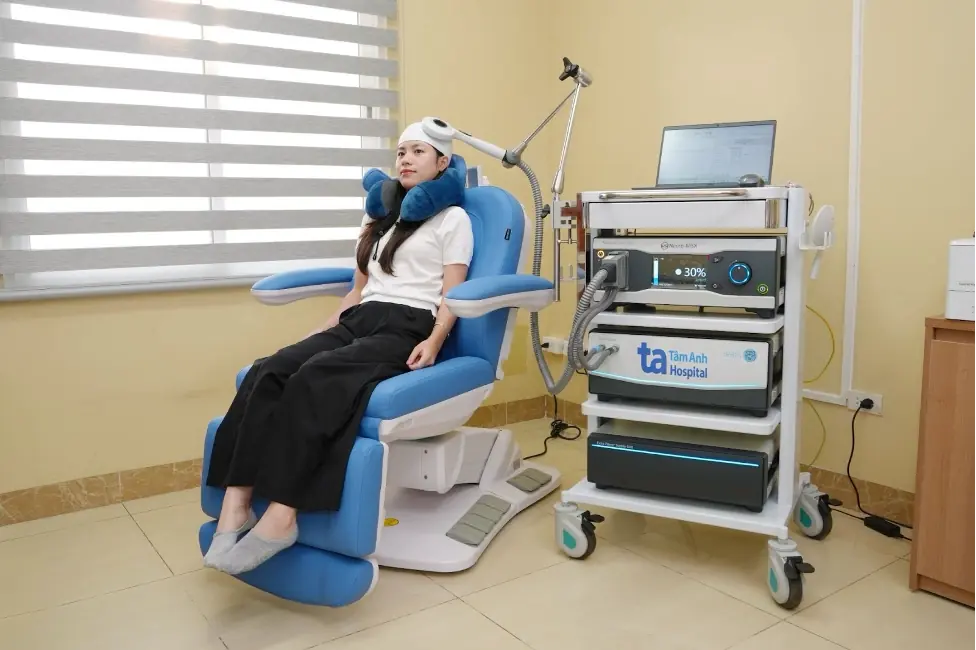
Insomnia, when to see a doctor?

30-year-old couple both have stomach can:cer due to dishwashing habit that many people also have

Top Natural Drinks That Safely Rejuvenate Your Skin From Within
News Post

15 Years Can.cer-Free: Japanese Doctor Shares 5 Simple Habits to Keep Can.cer Cells from Returning
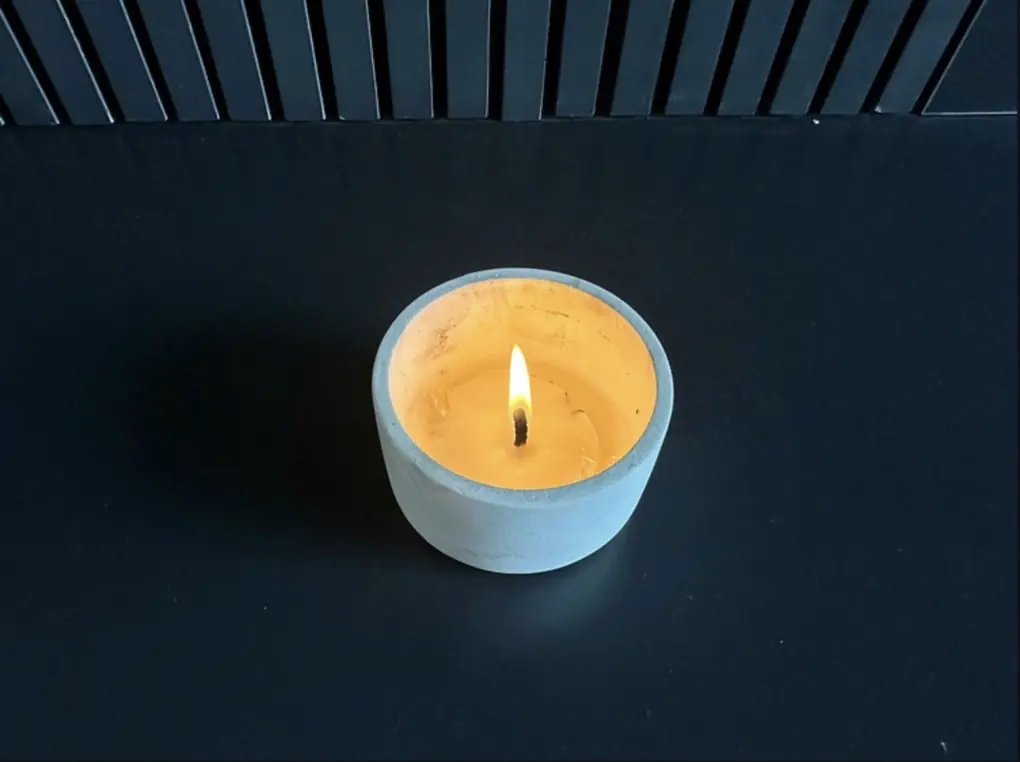
3 familiar household items that are harmful to health

6 eating habits that silently destroy your health

Diabetics are ‘very afraid’ of a spice that is abundant in the market: American experts say it is ‘as good as prescription drugs’

7 “Golden” Summer Vegetables: Fresh, Chemical-Free, and Worth Eating Every Day

Rub Ginger on the Soles of Your Feet Before Bed, and You’ll Experience Its “Miraculous” Health Benefits

When Installing an Air Conditioner, Avoid These 4 Spots to Protect Your Family’s Health

10 Tips for Growing a Big Pepper Harvest

How to Grow Kiwi in Containers at Home

What happens to your body if you drink orange juice every day?
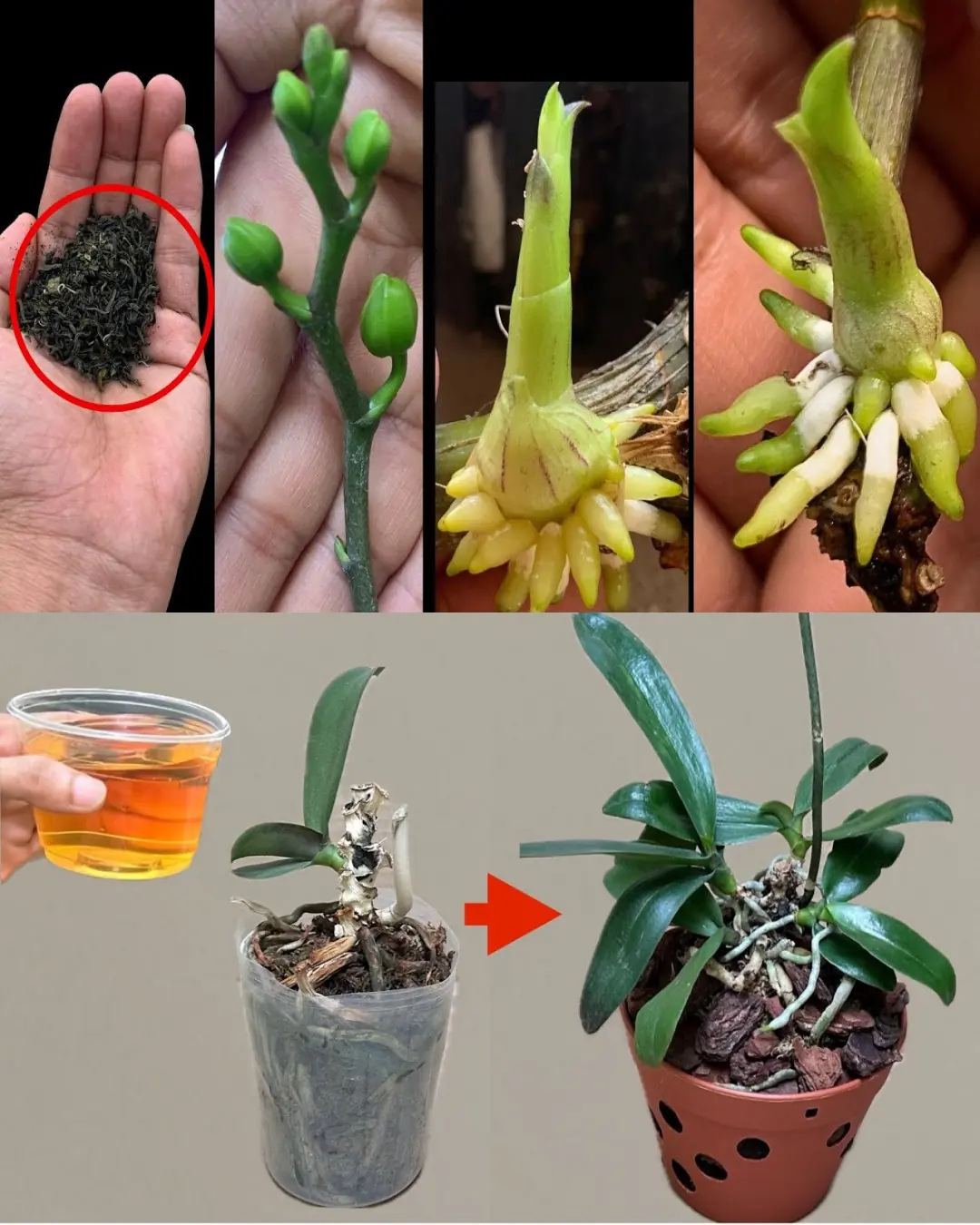
Revitalizing Orchids Using Tea: A Comprehensive Guide with Handy Tips

4 effective ways to ensure your home is free of cockroaches
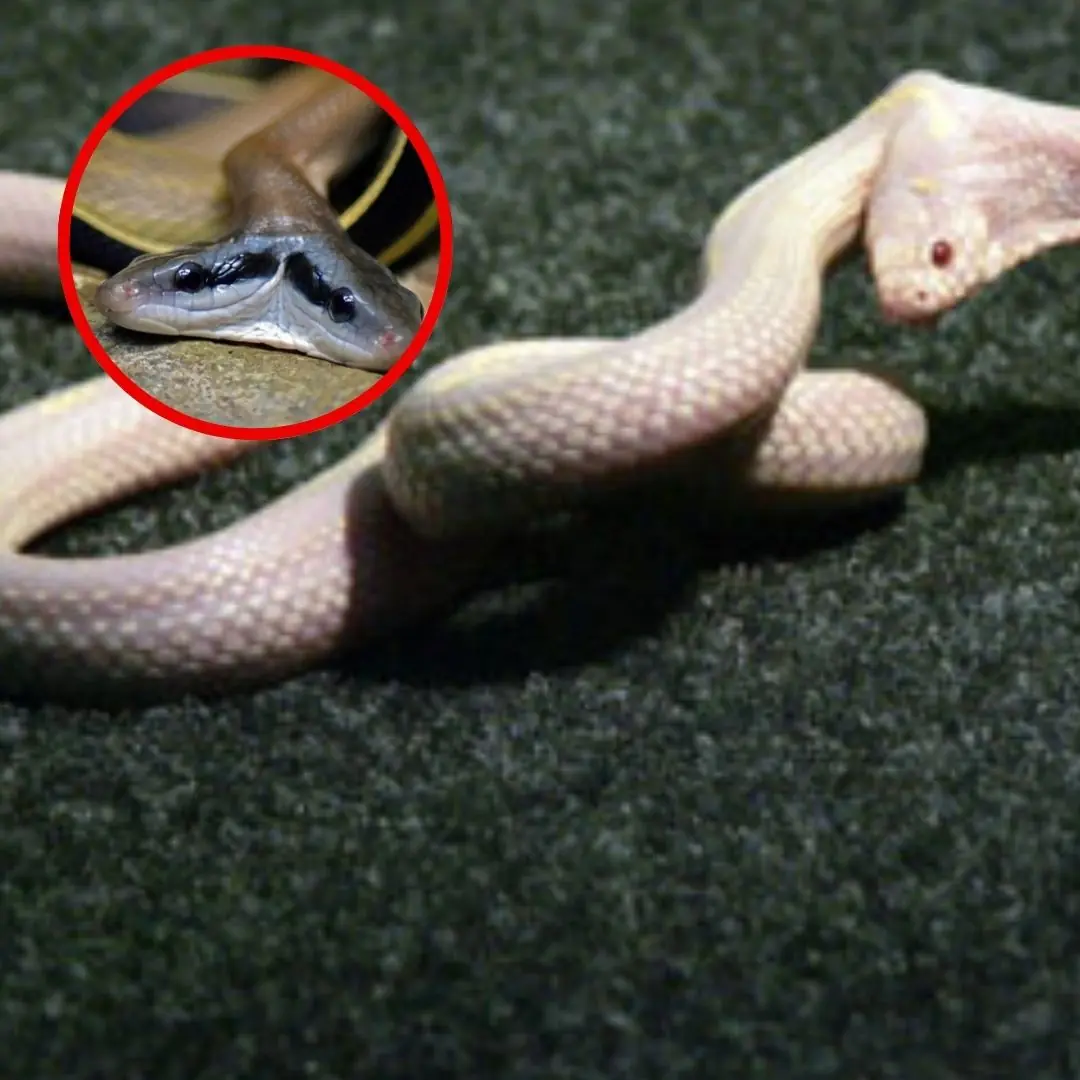
Are two-headed snakes real? Why does this phenomenon occur?

A cup of hot water can offer many health benefits
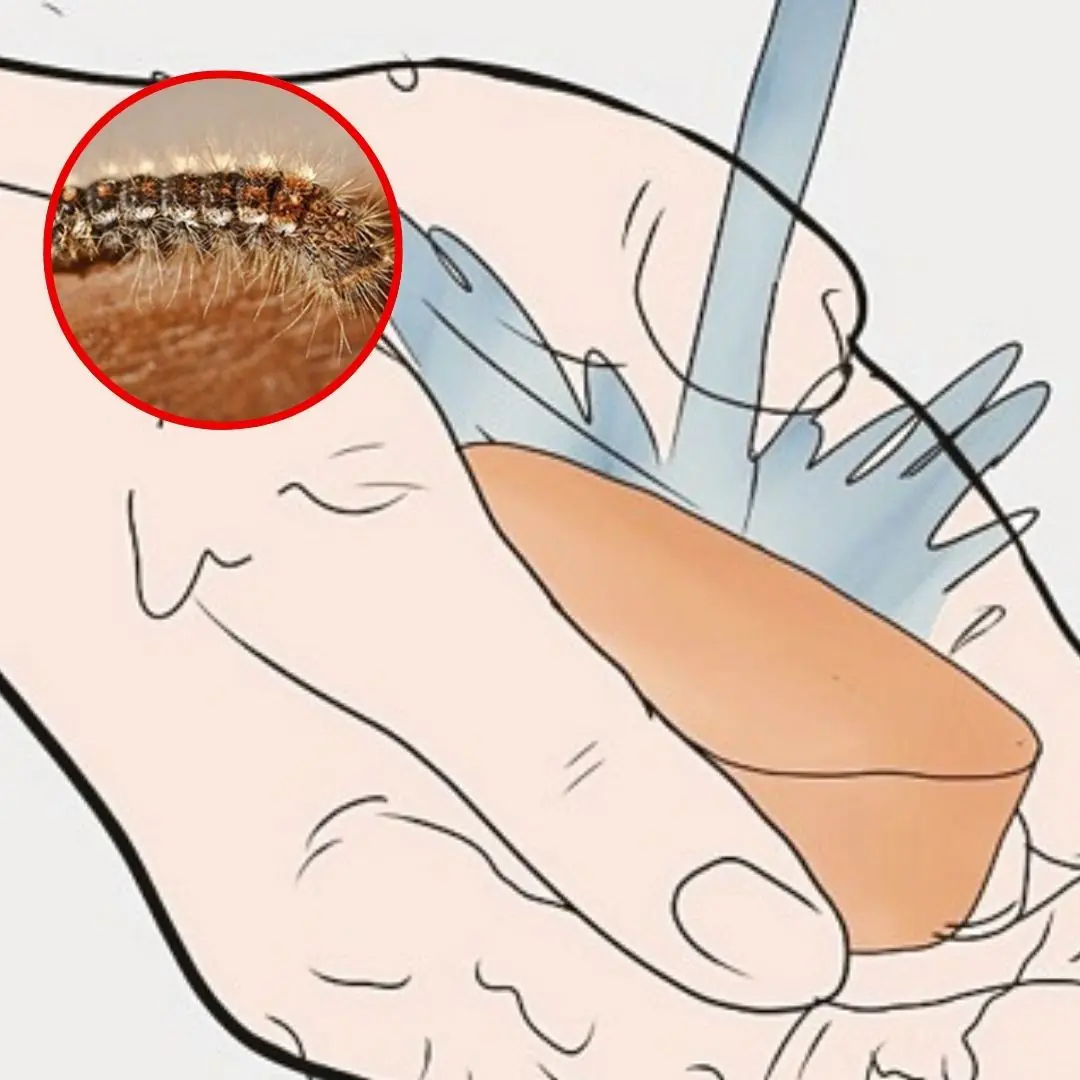
Caterpillar on you: 5 simple steps to treat at home

Don't drink water before bed but still urinate at night, beware of these 3 diseases

How to Plant a Mango Seed and Successfully Grow

Secrets to growing lemongrass at home – easy to do, suitable for beginners
